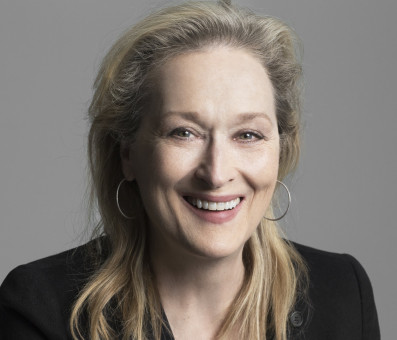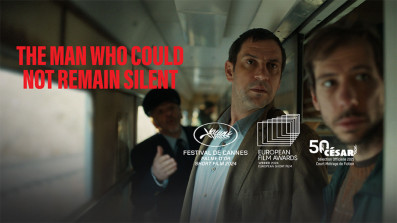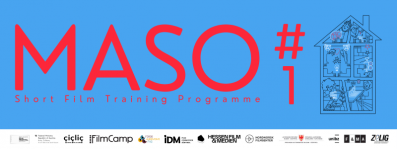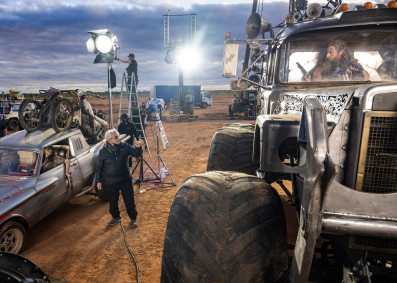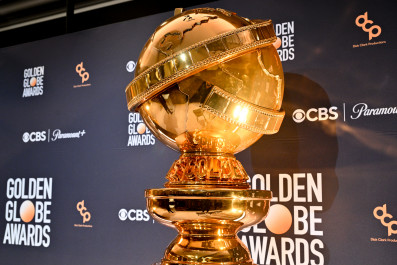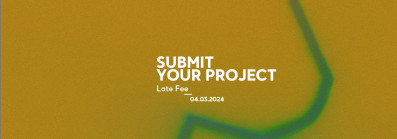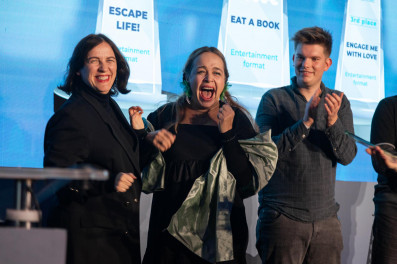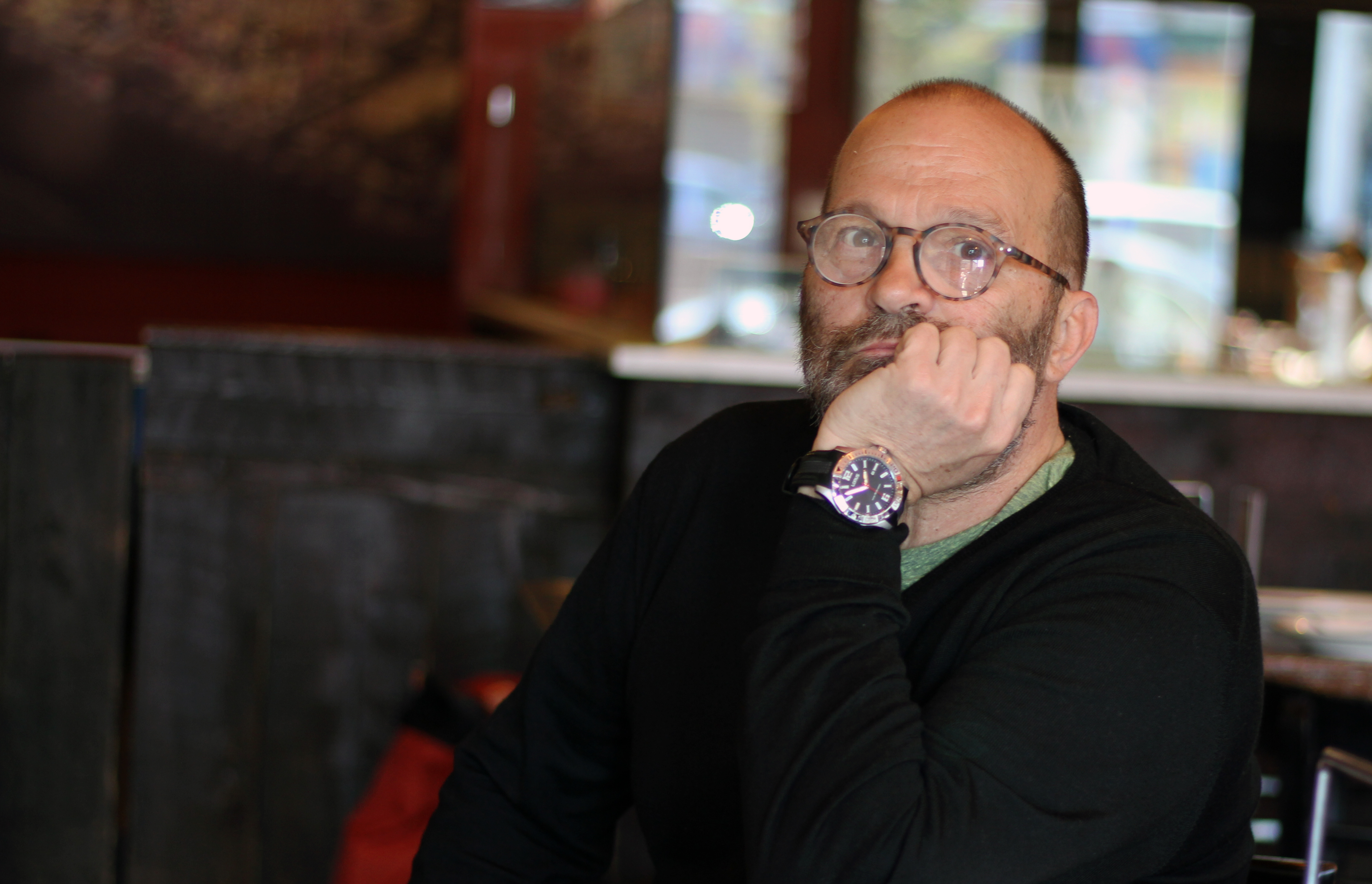
Interview with Boris Miljković the director of "Homecoming - Marina Abramović and Her Children"
We had the opportunity to speak with truly significant film and TV director from Ex Yugoslavia
Ružica Anja Tadić, our Serbian collaborator had the opportunity to speak with Boris Miljković, film and TV director, for Duart platform. The occasion was the latest documentary film about Marina Abramović Homecoming - Marina Abramović and her children, that had its world premiere at the 26th Sarajevo Film Festival. At that time of the interview, Boris was in Istria and the talk focused on Marina's life and work, her return to native Belgrade, her latest instalment "Cleaner" that has been seen by 62 thousand visitors, but also about the work of this director, whose experiences, acquaintances and films certainly deserve attention.
One of your first films was also about the artist, painter Sava Shumanović. Today we are talking about a documentary about Marina Abramović. In that regard, I want to ask you, can we say that you are attracted to the lives of artists as a topic?
Oh, you noticed that well! Yes, I am interested and entertained by the life of an artist. Tucko (prim. Branimir Dimitrijevic) and I, Ljubivoje Tadic as well, first did Russian Art Experiment in 1982, and then Shumanovic in 1987. The template for Shumanović, the text of the wonderful Branko Vučićević, also had the subtitle "Comedy of Artists". What is fun for me in the biographies of artists is the phrase "comedy of artists". On the one hand, there is this, let's call it, great seriousness, researching this or that. Gambling ... Often, life in misery, but also life with a lot of money, which was in Picasso's case ... And, on the other hand, that comedy, which always revolves around the line and the question - do we actually change the world, or do we believe that we are changing the world? That delusion, in the way we do not change it, is in a way always funny, ironic, and sometimes very painful. Sometimes it brings us to the edge of reason. But, that other side of the artist that is not historical, and dedicated to aesthetics and shifts in that universe, has always interested me very much. Not as a biography, but as a consequence of their actions.
In one of your author's texts in the daily Danas, you wrote about the notion of nostalgia. I'm interested in whether the artist's nostalgia is something different for you, it belongs to the field of inspiration, as Marina was inspired by her grandmother's scream? The film you worked with Marina somehow constantly connects the imprints of past experiences that resonated in Marina’s work. What is it like for you to work on material that evokes nostalgia, and which is revived again through artwork?
I am one of those people who believe that in a way everything we do in the field of art is to endlessly retell our past and experience. The more authentic and different that experience is, the more angles, angles of view it provides, and in that way, in a way, we differ. Few of us can talk about something that is inexperienced, that has not yet been seen and has not gone through our experience. Those who can tell that probably lie in the nest of science and some other fantasy than the one that protects us, who are engaged in art. I think that, above all, memory is something that is the material for us artists. And it can be applied in different ways. From inventing the stories ourselves, dramatic constructions, etc., to the scenography, interior, lighting, exterior, way of acting. Directing which is, in fact, the art of a kaleidoscope, assembling from various cubes of the whole. And it is the art of being lived, noticed and seen somewhere and applied where it should be. Not to mention the acting and the whole thesis of Stanislavski, who believes that not only experientially, but also experienced must be expressed on stage. Now, nostalgia is a special kind of memory. People can remember something as cold, black and white, as a document. I can remember something through sadness, bitterness, being angry, but nostalgia is a special chemical reaction. I spent many hours in New York with Alexander Genis talking about nostalgia. Since he is a Russian who lives on Coney Island, where thousands of Russians live who do not stop living Russian, speak their language, have their own radio ... America does not influence them in any way. That kind of nostalgia builds around them a membrane and a cocoon that I don't know if it's good. For example, nostalgia prevents me from having a house. So I have several houses and various affiliations. Nostalgia makes us have an affiliation. Well, at least it was nostalgia.
In the film "Homecoming- Marina Abramović and Her Children", we saw several exhibitions of Marina's works in different cities. Did you, as you were with her in all those places, at least out of the corner of your eye, feel the difference in the reception of her work with the audience?
I will shorten the answer, Belgrade was different from everything else, from all points of that trip. First of all, it was different for Marina herself. She was very nervous. How can I say, she dances with a dozen other great angels of art. It really is at the top of the needle of art in the world and it belongs to the elite. Marina is a really great lady of her art. Her visits to museums, cities, theatres and where she was invited are truly a walk on the red carpet. Painted with many flashes, described with many pens ... And in Belgrade, she was the one who was trembling like a leaf on the wind.
We could all see and feel it around her because that emotional charge of hers was very high. That is natural, she returned to her place where she left 40 years ago. It is expected that a man, with such special work, will be welcomed. But what was sincere and sincere fear in that - how will those people with whom she started to receive her receive her? It began with a number of artists, art historians and cultural workers who, in one way or another, lived out their biographies. And now Marina is coming back with one of her life portfolios to show them. It was a challenge to see how it would be. And then, will the young people be, "Come on, come on, Grandma, go home, when that ..." and so on. However, it all ends in a different way. I will not play a propagandist, but still, 60-70 thousand people saw that exhibition, which is for Belgrade, which, as it is, is really a lot. This confirms that if you give something to someone, they will come to consume it. It also shows that we are not only a people of turbo-folk, scandalous television soap operas and reality shows, but also that something that can be a piece of torn sincere emotion and something that can be called high art also has an audience here. Belgrade was the last stop of "Cleaners" and it was really different.
Again, say in Florence, 160,000 saw it. In Torun, Poland, where some kind of decentralization of culture and art is at work (those from Warsaw are moving other cultural centres) and so in one Torun, which is the hometown of Copernicus, but in any case about two hundred kilometres from the centre, 50 thousand people came. a few months to see Marina. In any case, her work, it seems to me, only after 2010 from "The artist is present" in some way attracts attention. Marina will also perform at the Royal Royal Academy in London in 2021, as the first woman in history to have a retrospective in such a place. Whether we like Marina or not, she is, it seems to me, a pretty handsome ambassador of us, but also of that strange, somewhat funny occupation called art.
I would like to follow up on what you mentioned last to ask you another question. Do you consider it characteristic that our environment produces "ambassadors", and that they have not managed to take root in their environment, that is, that they have not been recognized in the same way as when they left?
The answer to that question is twofold. A man who is engaged in this business must follow his guiding star. Now, wherever she goes - into the jungles of the Amazon, the North Pole, a man will follow that story of his to play the role he imagined he should play. On the other hand, it seems to me, as far as culture and art are concerned, it has never been a harder moment than now. Why this is so, we can open a lot of some chapters. And the fact that many of our artists are gaining world fame is natural. It is characteristic of small nations to succeed in large environments. Because success in a small environment, in proportion to the Gutenberg galaxy, is a small success. These are conditions, and it is natural that as much as his piece of cake is in our environment, you want to go to another table. To share and see what you have with someone else and to assess your value in some way. If it is bad with us, yes, we have no continuity. If we look at it in some way, we tear down every 20-30 years all the way to the foundations and build again. We do not take anything from the past as valuable, smart and wise and we rely on it. We have the impression that no matter who the newcomer comes, he destroys everything that was and tries to build on the basis of ruins, on some ashes, and that will be demolished again and so on. Until we get bored and a generation grows up that will say, wait, people, it's not all bad. Let's see what we can do. We are brought to a strange state. By competing for state funds, we are in fact dependent on alms. It's sad because we depend on how much someone gives us. Will it be the state or a private individual? It is one big question for our culture and art what will happen next.



